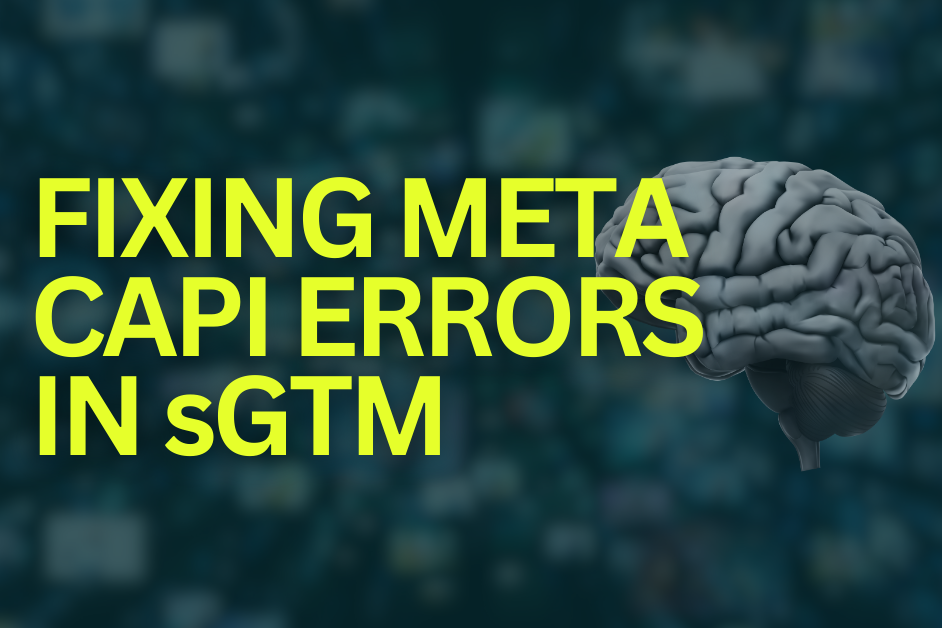Contents
ToggleIntroduction: Why Seraphinite Accelerator Plugin Is Under Fire
In the competitive world of WordPress speed optimization, it’s easy to assume that faster load times directly translate to higher rankings. That’s the promise offered by the Seraphinite Accelerator plugin: improved site speed, automated caching, and better Core Web Vitals metrics.
But a recent post in r/SEO has raised serious alarms. One site developer shared that rankings dropped after installing Seraphinite Accelerator. Only to rebound dramatically within 24 hours of removing it. Most compelling, they cited a technical glitch where their pages returned 503 status codes before becoming fully accessible (200 OK), possibly confusing crawlers and dragging SEO performance down, as some redditors report on Reddit.
This post dives deeper to assess:
-
What the plugin does, and how it handles performance enhancements vs SEO accuracy
-
The real-world benefits, with user experiences and third-party reviews
-
Reported pitfalls, including compatibility issues, stale content caching, and server response problems
-
What SEO experts say
-
Best practices for safe use
-
Voxxy’s final recommendation

How the Seraphinite Accelerator Works
Here’s the breakdown of the plugin’s capabilities:
Caching & Static Content Delivery
It uses a high-performance file caching system, creating static snapshots of pages for fast repeated delivery. This helps reduce server load and accelerates load times.
Minification & Compression
Seraphinite Accelerator automatically shrinks JavaScript, CSS, and HTML files using minification, inlining, and compression (GZip, Brotli, etc.).
Resource Optimization
It handles lazy-loading media, script deferment, and manages browser caching policies. Plus, support for multiple CDNs, separate caching by device type, and user-session-specific caching make it powerful for advanced setups.
Automation & Diagnostics
The plugin runs optimizations automatically right after installation, but also provides self-diagnosis tools and adjustable script delay settings (e.g., reducing script processing to 0.1 s if necessary).
Why Performance Matters for SEO
Core Web Vitals as a Ranking Signal
Google now uses LCP, FID, and CLS, collectively part of Core Web Vitals, as key metrics in ranking algorithms.
User Experience & Engagement
Faster load speeds often lower bounce rates and improve dwell time, factors that can enhance visibility when paired with quality content.
Server Stability
Fast caching systems can mitigate performance bottlenecks during high-traffic spikes, keeping your site accessible and crawl-friendly.
However, it’s essential to note: speed isn’t a silver bullet for SEO. Poorly implemented optimizations can do more harm than good.

Potential SEO Benefits of the Plugin
Many users and reviews tout significant performance improvements:
-
PageSpeed scores commonly jump to 90+, sometimes even 100, with minimal setup or tweaking.
-
Trustpilot reviews reflect strong satisfaction:
“This Plugin solved my all problems… made my website 99% percent faster from 69%… that’s insane!” Trustpilot
-
E-commerce scenarios benefit from user-aware caching (for carts and dynamic content), improving both speed and UX on busy sites.
Reported SEO Risks and Technical Issues
Even strong performance benefits come with caveats:
1. Plugin Conflicts & Metadata Disruptions
The plugin may interfere with other essential plugins like Yoast SEO or WP Rocket, potentially delaying or stripping metadata and structured data from pages.
2. Improper Caching & Stale Content
Aggressive or misconfigured caching may serve outdated data to bots, leading to indexing errors or ranking drops.
3. Script Loading Issues
Deferred or delayed scripts may cause slow rendering of critical content, breaking layout or SEO-relevant page structure.
4. 503 → 200 Flicker Effect
As reported on Reddit, this server behavior may indicate transient unavailability, which Google might interpret negatively on Reddit.
5. Support Permissions & Platform Constraints
Some users report file permission issues, such as the inability to write to advanced-cache.php, particularly on WordPress.com platforms where caching plugins are restricted or incompatible.
6. Degradation after Successful Setup
One user noted that performance dropped from “A” to “E” after using the plugin for a while; the author clarified this may occur if free usage limits are reached or optimizations aren’t properly revalidated.
Real-World Case Studies
Case 1: Reddit Ranking Drop
A user observed a sudden ranking loss after installing Seraphinite Accelerator, coinciding with mysterious server behavior (503 responses). Rankings rebounded almost immediately after uninstall, pointing to a direct SEO impact.
Case 2: Stellar Speed Uplift
On Trustpilot:
“One of the top 2 ‘cache + CDN’ plugins… score 98–100 are absolutely commonplace… setup easier… performance level is fantastic.” Trustpilot
Case 3: Mixed Feedback on Themes
In forums, users reported scores above 90, but also noted inconsistent behavior with themes like Woodmart or heavy Elementor builds, indicating compatibility issues on XTemos.
Case 4: Troubleshooting Path
The plugin provider recommends disabling content processing, revalidating cache, leveraging debug headers, and adjusting script behavior to resolve display issues.
Case 5: Comparative Performance with NitroPack
Seraphinite excels at high-performance caching and smart session handling, while NitroPack offers stronger image and CSS handling; together, they can complement one another in custom setups.
Expert Opinions on Seraphinite Accelerator
Supportive Viewpoints
-
SEO analysts value the speed gains and say improving Core Web Vitals boosts ranking potential.
-
Developers often find the plugin more accessible than alternatives like Nitropack or WP Rocket for complex setups.
Cautious Perspectives
-
Marketing consultants and tech forums caution that speed tools can introduce technical SEO issues if not thoroughly tested (metadata, structured data, server behavior).
Best Practices for Safe Use
If you decide to integrate Seraphinite Accelerator, follow these recommendations:
-
Always use a staging site to test configuration changes before going live.
-
Back up your site before installation or upgrade.
-
Install the latest version. Jetpack confirms current versions are safe, while older ones are not.
-
Check compatibility with themes, SEO plugins, and hosting limitations (e.g., writable permissions).
-
Monitor crawler behavior and index health via Search Console.
-
Exclude dynamic pages from caching, like cart, checkout, or profile pages.
-
Use self-diagnosis tools and debug headers to isolate processing issues.
-
Watch for usage limits. Free versions often cap page visits; exceeding quotas may degrade performance.
-
Track CPI metrics like bounce rate, load time, and core vitals around implementation to correlate performance and ranking shifts.
-
Have rollback tools ready. WP backups or versioning to restore if SEO problems arise.

Voxxy’s Final Verdict
The Seraphinite Accelerator plugin delivers remarkable performance and speed improvements when configured correctly and used in the right environment. The benefits of WordPress speed optimization and Core Web Vitals are substantial.
However, for sites heavily reliant on SEO plugin stability, metadata integrity, or without a developer experienced in troubleshooting edge-case behaviors, the plugin poses real risks.
Voxxy recommendation:
-
Experienced users: Test thoroughly, apply best practices; this tool could be a powerful asset.
-
Beginner or mission-critical sites: Consider safer, more integrated alternatives (e.g., WP Rocket, LiteSpeed Cache) until able to conduct controlled testing.
Related Posts
The GA4 Way of Meta eCom: Why It Fails and How to Fix It
Meta CAPI errors often come from GA4-style item arrays. Learn why sGTM fails…
GA4 vs Universal Analytics: What Marketers Need to Know
GA4 vs Universal Analytics: Learn the key differences & benefits of GA4 for…
First-Party vs Third-Party Cookies: Understanding the Difference
Learn the real difference between first-party vs third-party cookies, how they…




